Toyota: Driving Innovation and Sustainability into the Future
Toyota Motor Corporation has long been recognized as a leader in the automotive industry, not only for its commitment to quality and reliability but also for its innovative approaches to sustainability. As the world shifts towards a more eco-conscious mindset, Toyota is at the forefront of driving innovation and sustainable practices into the future of transportation. This article explores Toyota's groundbreaking initiatives, technologies, and strategies that are shaping the automotive landscape while prioritizing environmental responsibility.
Innovative Technologies Leading the Charge
One of the key factors that set Toyota apart in the automotive industry is its unwavering commitment to innovation. The company has invested heavily in research and development to create advanced technologies that enhance vehicle performance while minimizing environmental impact. A prime example of this is the Toyota Hybrid System (THS), which made its debut in the iconic Toyota Prius in 1997. This revolutionary technology combines a gasoline engine with an electric motor, allowing for improved fuel efficiency and reduced emissions.
In recent years, Toyota has expanded its hybrid lineup, offering a diverse range of vehicles that cater to different consumer needs. From sedans to SUVs, the hybrid technology has proven to be a successful solution for those seeking to reduce their carbon footprint without sacrificing performance. Furthermore, Toyota's commitment to fuel cell technology, as exemplified by the Toyota Mirai, showcases the company's dedication to exploring alternative energy sources. The Mirai runs on hydrogen, producing only water as a byproduct, exemplifying the potential for zero-emission vehicles.
Embracing Electric Mobility
As the automotive industry shifts towards electric mobility, Toyota is making significant strides in electric vehicle (EV) development. The company has been cautious in its approach to fully electric vehicles, preferring to focus on hybrid and hydrogen technologies initially. However, recognizing the growing demand for EVs, Toyota has announced plans to introduce a new lineup of battery electric vehicles (BEVs) by 2025. This shift is a response to global trends and consumer preferences, emphasizing Toyota's adaptability in a rapidly changing market.
To support its electric ambitions, Toyota has also invested in solid-state battery technology, which promises to offer greater energy density, faster charging times, and improved safety compared to traditional lithium-ion batteries. By pioneering this technology, Toyota aims to address some of the main barriers to widespread EV adoption, making electric vehicles more accessible and appealing to consumers.
Commitment to Sustainable Manufacturing
Beyond the vehicles themselves, Toyota is also taking significant steps toward sustainability in its manufacturing processes. The company has implemented the Toyota Production System (TPS), which emphasizes efficiency and waste reduction. This system not only streamlines production but also reduces the environmental impact associated with manufacturing vehicles.
Additionally, Toyota is committed to using renewable energy sources in its production facilities. Many of its factories worldwide are powered by solar energy, and the company has set ambitious targets to further increase its reliance on renewable energy in the coming years. By integrating sustainability into its manufacturing processes, Toyota is demonstrating that it is possible to produce high-quality vehicles while minimizing environmental harm.
Looking Ahead: The Future of Mobility
As we look to the future, Toyota’s vision for mobility is rooted in the principles of sustainability and innovation. The company aims to create a "Mobility for All" society, where everyone has access to safe, efficient, and environmentally friendly transportation. This vision includes not only personal vehicles but also advancements in public transportation and shared mobility solutions.
In line with this vision, Toyota is actively exploring partnerships and collaborations with other technology companies and organizations to develop smart city solutions and autonomous driving technologies. These initiatives are designed to improve traffic flow, reduce congestion, and enhance the overall transportation experience while maintaining a focus on environmental sustainability.
Conclusion
Toyota Motor Corporation is a prime example of how a company can drive innovation and sustainability into the future of the automotive industry. Through its commitment to cutting-edge technologies, sustainable manufacturing, and community engagement, Toyota is not only shaping the future of mobility but also setting a standard for corporate responsibility. As the automotive landscape continues to evolve, Toyota remains dedicated to creating vehicles that are not only efficient and reliable but also contribute to a more sustainable world. With a clear vision and strategic initiatives in place, Toyota is well-positioned to lead the charge toward a greener, more innovative future for transportation.
Explore
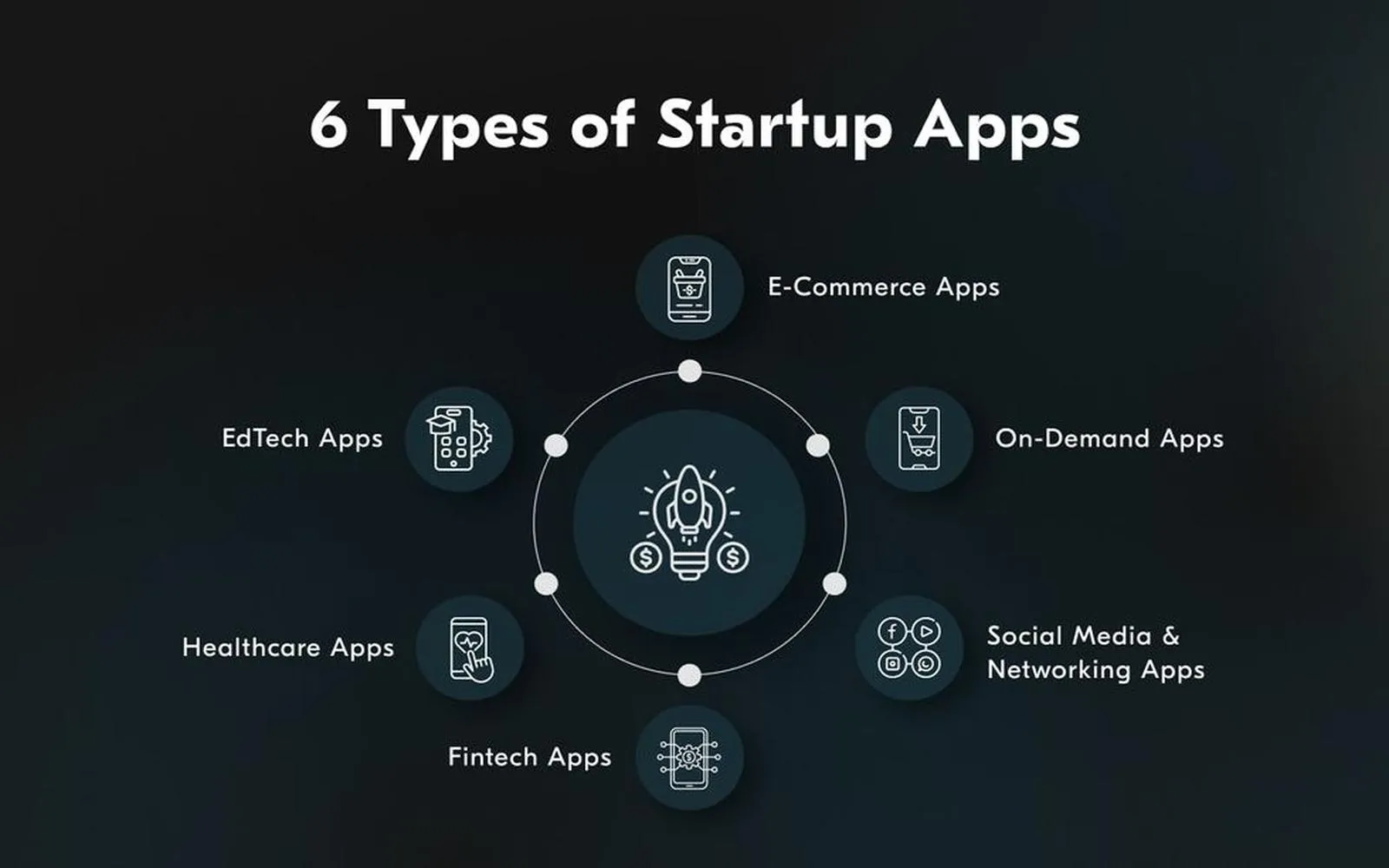
Unlocking Innovation: The Top App Developers Every Startup Needs to Know
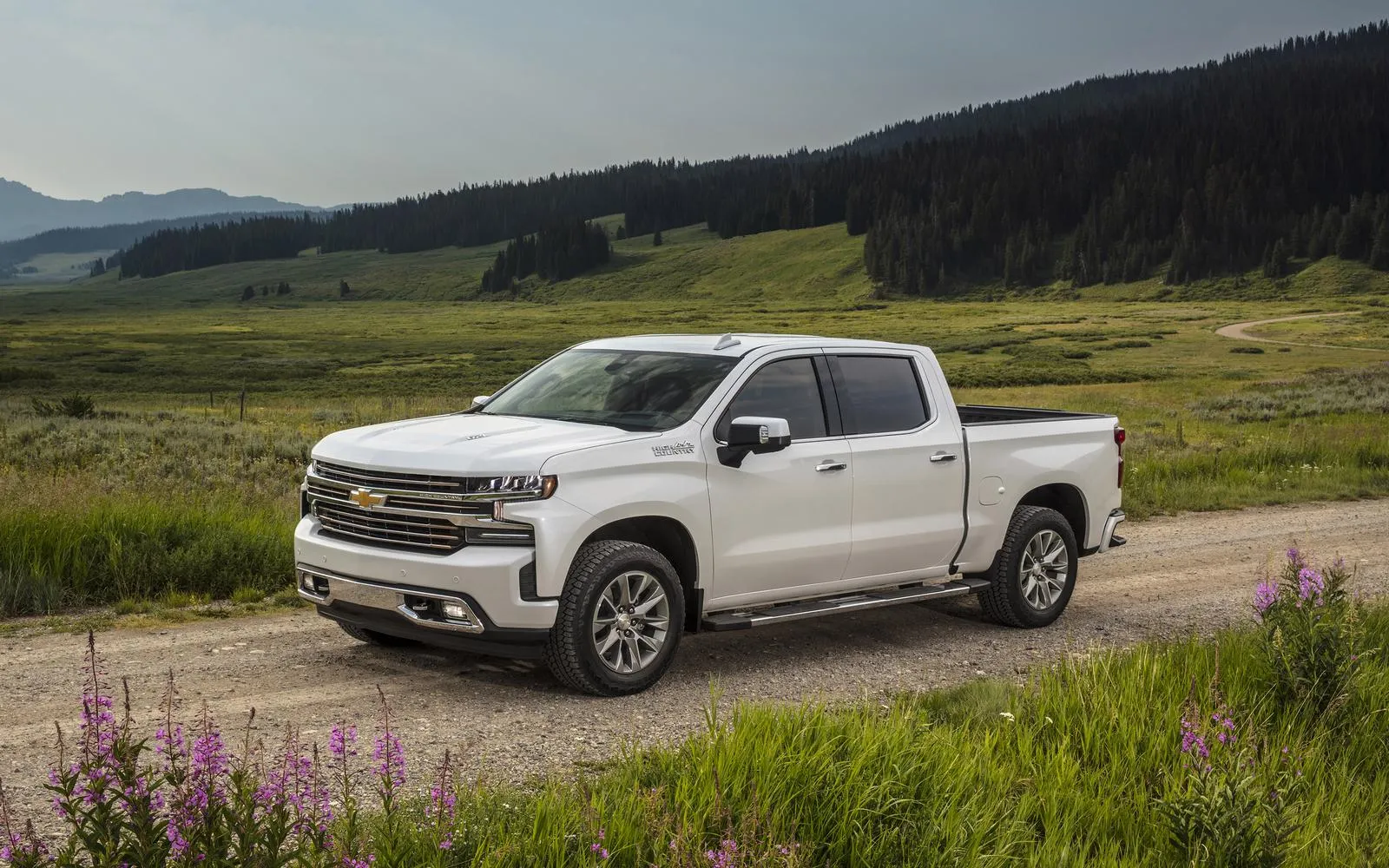
Top 10 Pickup Trucks of 2025: Performance, Technology, and Innovation Unleashed
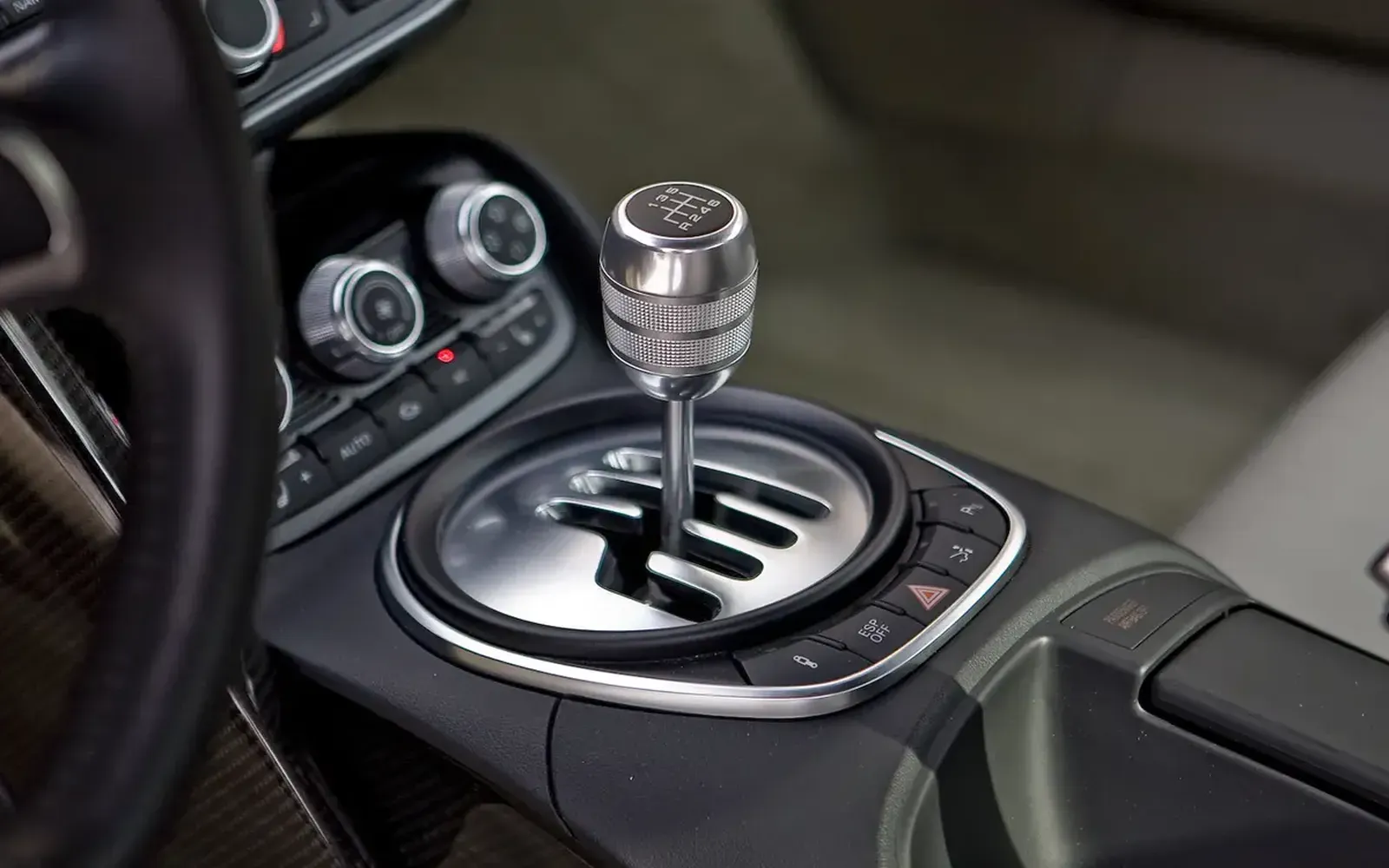
Mastering the Art of Driving: The Ultimate Guide to Manual Cars

Step Into Comfort with Professional Heated Floors Install
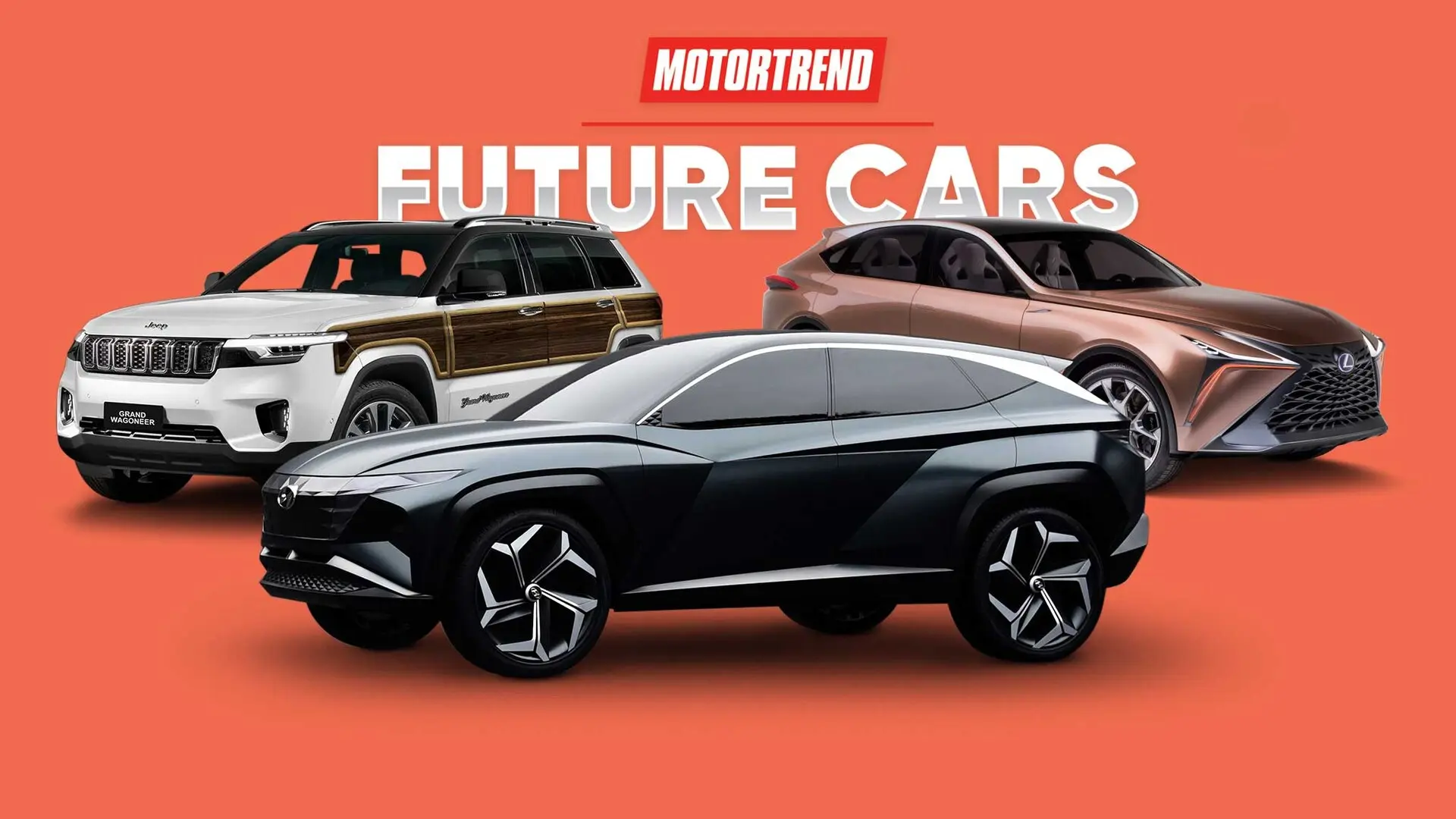
The Future of Crossover SUVs: Trends and Innovations for 2025

Top Umbrella Insurance Policies of 2025: Protect Your Assets and Future

Humana Health 2025: Innovations and Trends Shaping the Future of Healthcare
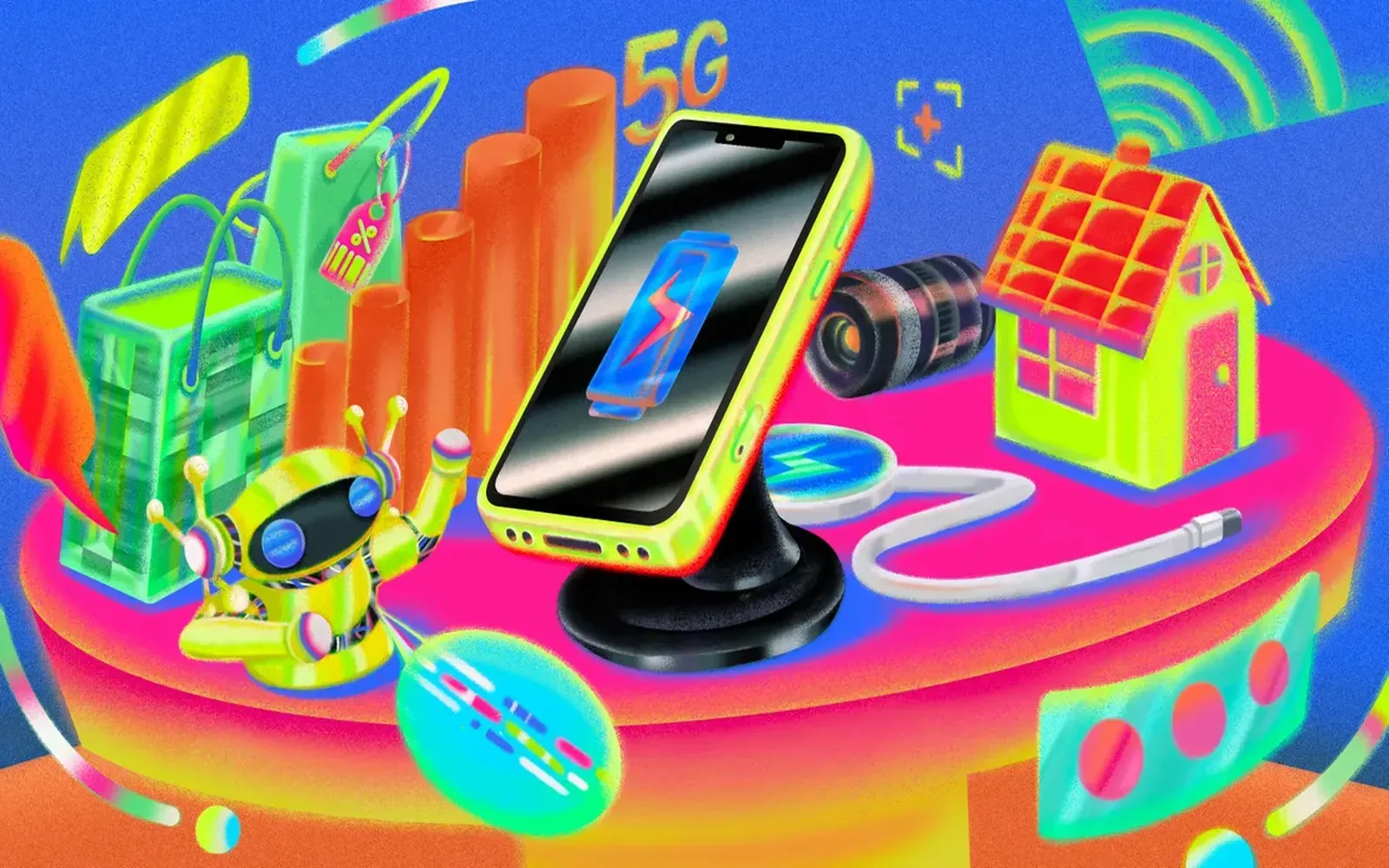
Future of Mobile Technology: Top Cellphone Trends and Innovations to Watch in 2025
